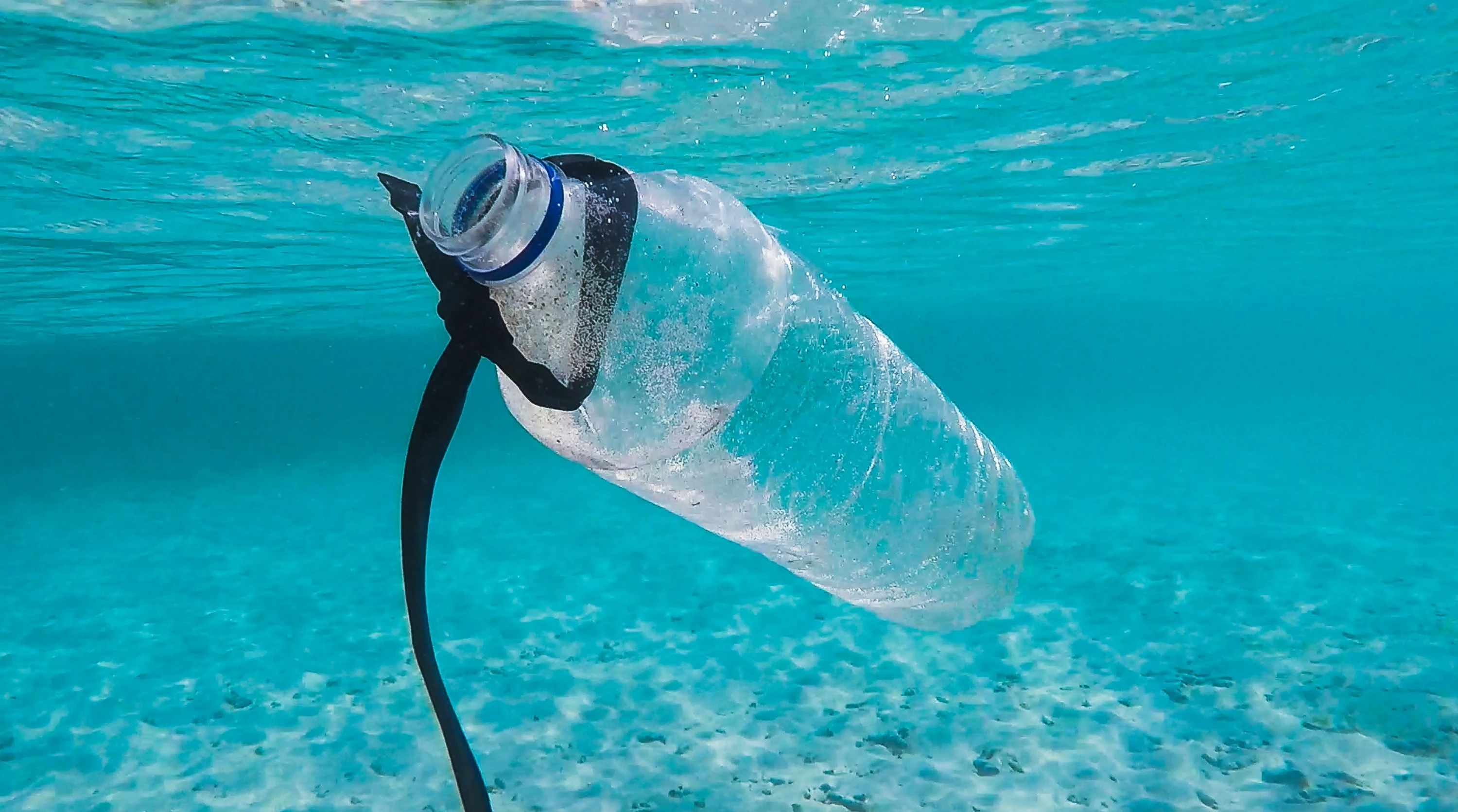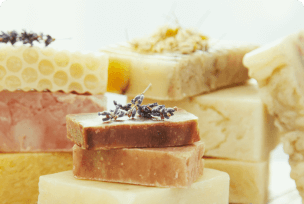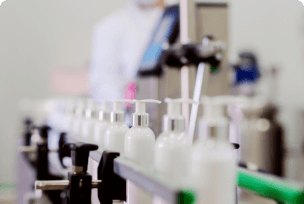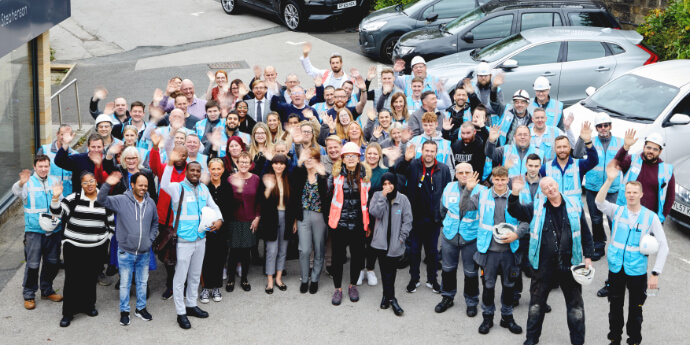Tim uses data and trends from the likes of market-leading brands, manufacturers and research companies to understand where customers should focus on future new product development.

Living plastic free is all about reducing and reusing plastic. This can prove to be very difficult as we are surrounded by it at every turn. Participating in the Plastic Free July challenge, people can choose to receive a weekly newsletter with tips, tricks, and motivational facts and inspiring stories. Events are listed here.
The initiative provides resources and ideas to help individuals (and millions of others around the world) reduce single-use plastic waste everyday at home, work, school, and throughout the local community.
 The campaign itself asks people to sign up to a challenge to reduce their plastic consumption during the month, be it commit to cutting down single-use plastic items, target takeaway items like carrier bags, straws, bottles and coffee cups, or go plastic free altogether.
The campaign itself asks people to sign up to a challenge to reduce their plastic consumption during the month, be it commit to cutting down single-use plastic items, target takeaway items like carrier bags, straws, bottles and coffee cups, or go plastic free altogether.
While progress is being made in this area (just look at the difference stopping free carrier bags in supermarkets has made) there’s still a long way to go if we’re going to tackle the more than eight million metric tons of plastic that end up in our oceans each year, according to NCEAS.
Plastic Free July serves as an environmental reminder that everyone can make a positive difference by examining our buying habits and considering how best to stamp out unnecessary waste at home. The bathroom is a great place to start. Beauty products often contain, or come packaged in, single use plastics, but there are lots of sustainable alternatives available.
Solid soap bars such as shampoos and naked shower gels are growing in popularity year on year, largely due to increasing consumer awareness and changing preferences for more natural and plastic-free personal care products. With this as a motivating factor, consumers seek to stop buying packaged shower gels and go for plastic-free alternatives like bar soaps and recyclable pouches.
With climate change and the awareness of plastic waste increasing, environmentally friendly packaging is not just a trend; it is a movement of the whole beauty industry, and brands are taking notice. In fact, according to Mintel Research, ethical packaging was the 6th top claim appearing among New Product Developments (NPD) in the personal care sector throughout 2018, following Paraben-Free, Dermatologically Tested, Moisturising and Hydrating, Ethical Cruelty-free, and the top Natural/ Botanical claims. It seems that this category will see more growth in the future, as consumers are increasingly embracing the zero-waste movement globally.
Below are four ways in which we as consumers can reduce the amount of plastic waste in everyday beauty routines…
1. Try using 'naked' products instead
‘Naked’ - or packaging-free - cosmetics can be just as effective at cleansing without the need for a plastic container or bottle. With these products just add water for lather.
Solid shampoo bars are a really good way in which to start cutting down on plastic. For example, one Lush shampoo bar is the equivalent of three 250ml plastic bottles of shampoo, and can last up to 85 washes.
 Image Credit – Unsplash
Image Credit – Unsplash
2. Refillable products
Reusable dispensers and refill packs are crucial in the battle against single use plastic. Beauty brands are increasingly switching on to reusable dispensers and refill packs of body wash, hand wash, shampoo and conditioner.
All consumers have to do is buy a reusable dispenser or use one that they already have at home, and select a product refill pouch they wish to fill it up with.
According to beauty brand Beauty Kitchen over 95% of beauty packaging is thrown out after just one use and just 14% of plastic makes it to a recycling centre and only 9% is actually recycled. Almost all of its products (the ones with the ‘Return · Refill · Repeat’ stamp) can be sent back to the business to wash and reuse in the next batch. This means, instead of going to landfill, not being recycled or wasting valuable energy to recycle, the packaging lifecycle can begin all again in the most sustainable way possible.
3. Look into plastic free alternatives
It’s not just plastic bottles, tubes and tubs we need to cut down on - don’t forget beauty essentials like brushes. According to The Eco Friendly Living Co, around 111 million plastic toothbrushes are thrown into landfill sites every year. Bamboo is a realistic and eco friendly alternative to plastic, is 100% sustainable and can be composted, once the nylon bristles have been removed and placed in a normal recycling bin.
4. Consider reusable face wipes and pads
Wipes contain lots of chemicals that can irritate, dry out and even age skin, and they are starting to have a devastating impact on the environment - clogging sewers, littering beaches and ending up in the sea.
There are a variety of reusable face pads available, made from materials like cotton or bamboo fibre which are much kinder to skin and won’t add to the world’s mounting plastic problem. By switching to reusable pads, this is not only good news for your skin but also kinder on finances, resulting in potential savings of around £50 per year.
 Image Credit – Unsplash Andrei Ciobanu]
Image Credit – Unsplash Andrei Ciobanu]
Looking forward to a plastic-free future
While product formulations and natural claims are important, plastic-free and eco-packaging solutions will be just as critical to appeal for future consumers. Brands can increase their sales and boost loyalty by offering great cosmetic products, which are packaging free, refillable or use recycled plastic.
Stephenson offers a range of products on trend for brand manufacturers, contract manufacturers and brands. Our newest ultra-mild base Syndopal is adaptable for cosmetic, premium mass market and pharmacy applications and for the first time, grants manufacturers access to high-speed syndet bar production without the need for specialist equipment. It is suitable for a variety packaging-free soap bars, cosmetic bars and conditioners. For more information enquire here.




























